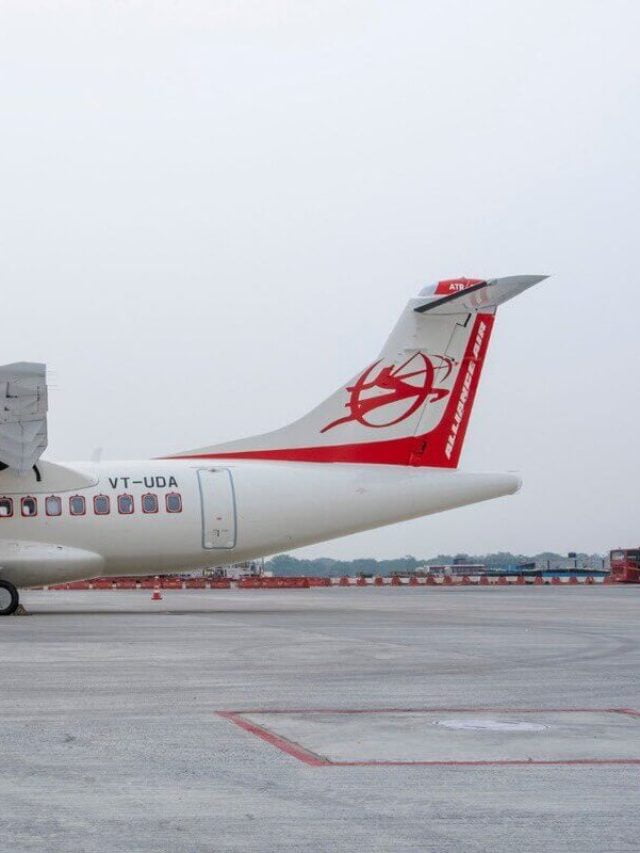
The aviation analysts assume that the Indian airlines will report losses in the December quarter. Factors such as high crude oil cost and decreasing air passenger traffic due to Omicron can contribute heavily to their losses.
A report recently published by a brokerage firm ICICI Securities reveals that India’s domestic market leader IndiGo is likely to report losses of Rs 200 crores in the December quarter. IndiGo occupied 54% of the market share in November 2021.
According to ICICI Securities, the fuel cost per Available Seat Kilometres (ASK) of IndiGo airlines may increase 11% compared to the previous quarter. The Revenue per Available Kilometres (RASK) of this budget carrier may also increase by 16% quarter-on-quarter.
The experts also predict a loss for SpiceJet, another popular low-cost airline in the country. According to Centrum Institutional Research, the airline may report a loss of Rs 440 crore in the December quarter. “The domestic ATF (aviation turbine fuel) prices grew sharply by 12.1% q-o-q (up 76% y-o-y) to Rs 78.9 a litre, led by 8.4% q-o-q rise in Brent crude to $79.4 a barrel,” news publication Mint quoted the report.
While IndiGo’s consolidated loss increased from Rs 1,194.83 crore a year ago to Rs 1,435.66 crore in the September quarter, SpiceJet had consolidated losses of Rs 570.56 crore, up from Rs 105.61 crore the previous quarter.
The only airlines listed on Indian stock exchanges are IndiGo and SpiceJet. Jet Airways, also publicly traded, was forced to cancel flights in April 2019 due to financial struggles. The airline is now purchased by a new owner, but it is yet to begin operations.
Indian Airlines May Report a Consolidated Loss of Rs 25,000-26,000 Crore in FY22
According to the statistics from credit rating firm ICRA, Indian airlines are likely to have a combined net loss of Rs 25,000-26,000 crore in FY22 and require extra capital of Rs 45,000-47,000 crore between FY22 and FY24 to maintain operations.
Meanwhile, due to concerns about the third wave of the COVID-19 pandemic, the robust recovery in domestic aviation passenger travel is stalling. For the first time since November, daily domestic air passenger traffic fell below 300,000 on January 4.
According to the Ministry of Civil Aviation, the number of departing domestic passengers was 285,965 on Tuesday. According to data from ICICI Securities, the number of average daily passengers increased to 367,000 in the week ending December 25, up from 360,000 the week before.
The new variant of COVID-19 virus Omicron is likely to slow down the industry further.
(With inputs from Mint publication)












